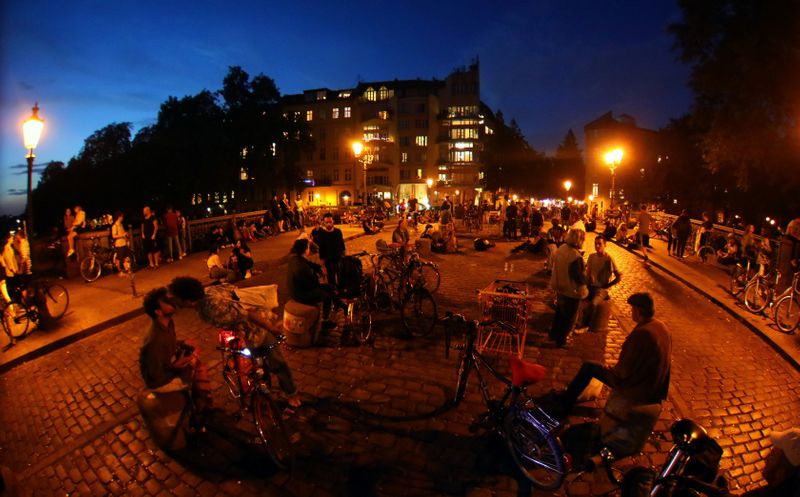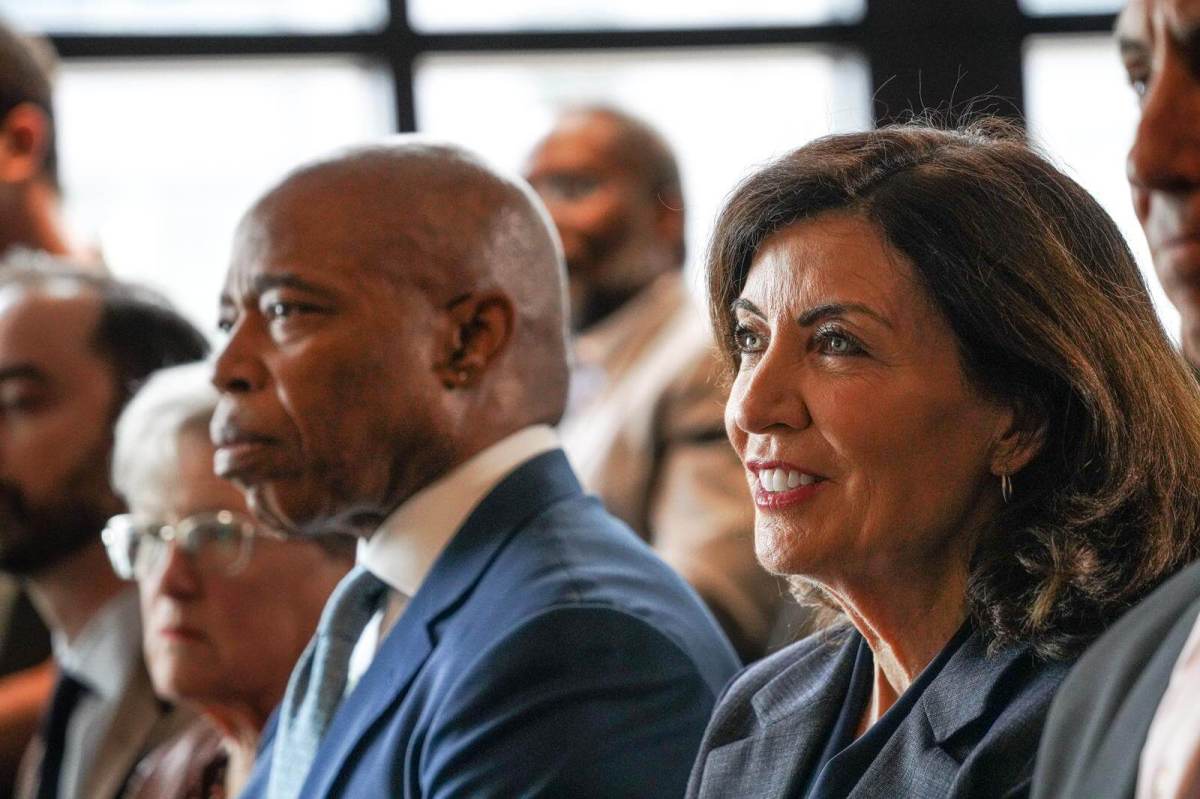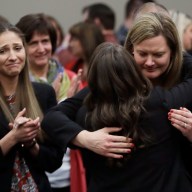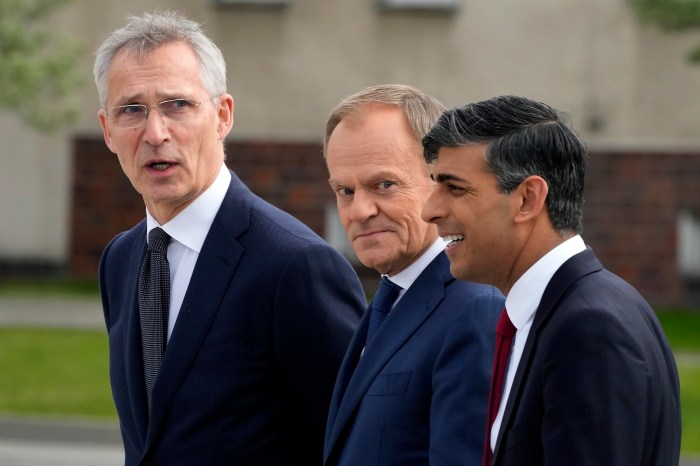BERLIN (Reuters) – Germany’s states agreed on Wednesday that residents of domestic coronavirus risk areas should not be allowed to stay in hotels in other parts of the country to curb surging numbers of new infections, a government document showed.
The news, which means residents of Berlin will only be able to take domestic holidays if they have a new negative coronavirus test, comes just days before about half of Germany’s federal states start two weeks of school holidays.
Coronavirus infections have climbed steadily in Germany over the last two months. The capital Berlin announced a late-night curfew on restaurants and bars on Tuesday.
“The Federal and State governemnts call on all citizens to avoid all non-essential travel into or out of regions where there have been 50 new infections per 100,000 inhabitants over the past seven days,” ministers said in a joint statement.
Four out of 12 Berlin districts have already reached or exceeded that level, meaning they are classified as risk areas. Berlin added in a protocol that the measures would apply to the entire city.
Schleswig-Holstein and Rhineland-Palatinate had already designated such districts risk areas, and insist people returning from them quarantine for 14 days or show a negative coronavirus test.
According to the document, touristic travellers from risk areas will only be allowed to stay the night if they can show a negative coronavirus test less than 48 hours old.
Several states said they reserved the right to impose still stricter versions of the new regulation, while Lower Saxony said it was not yet sure if it would be able to implement it given the short notice given.
(Reporting by Kirsti Knolle, Emma Thomasson and Thomas Escritt; Editing by Maria Sheahan and Catherine Evans)



















